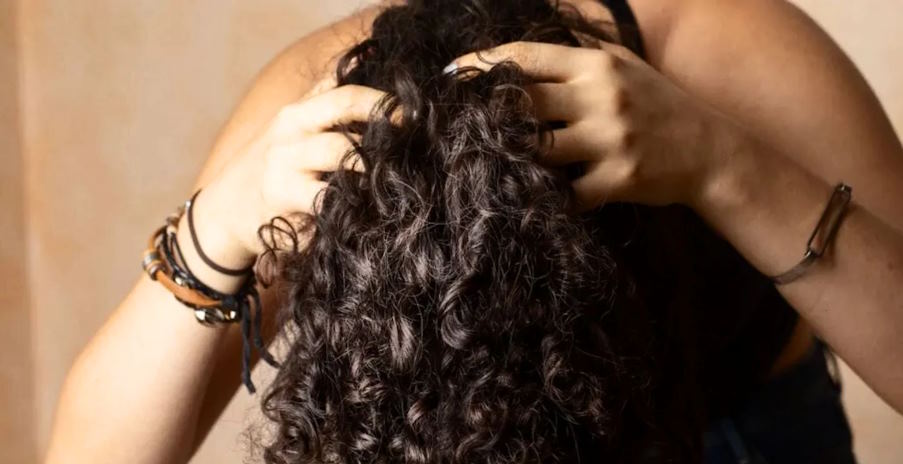
Transitioning from a sleek bob to luxurious, flowing locks is a journey many embark on with eagerness and anticipation. However, this transformation requires more than just patience—it demands a dedicated approach to caring for your strands during this delicate phase. From understanding the unique needs of transitioning hair to implementing a tailored care routine, we’ll explore everything you need to know about how to transition from a bob haircut to vibrant, healthy locks.
Nourishing Your Strands During the Transition
Importance of Proper Nourishment
Proper nourishment is essential for supporting healthy hair growth during the transition period. This includes providing the hair with the nutrients it needs to thrive, as well as protecting it from environmental damage and styling stress.
Choosing the Right Hair Products
During the transition, it’s important to use hair products specifically formulated for your hair type and needs. Look for products that are free from harsh chemicals and sulfates, as these can strip the hair of its natural oils and cause damage. Opt for moisturizing shampoos and conditioners enriched with nourishing ingredients like argan oil, shea butter, and keratin.
Daily Hair Care Routine
Cleansing and Conditioning Routine
Maintaining a regular cleansing and conditioning routine is essential for keeping your hair healthy and hydrated during the transition. Wash your hair with a gentle, sulfate-free shampoo and follow up with a moisturizing conditioner to replenish lost moisture and nutrients.

Moisturizing and Sealing Techniques
In addition to regular conditioning, incorporate moisturizing and sealing techniques into your daily routine to lock in moisture and prevent breakage. Apply a leave-in conditioner or hair oil to damp hair to keep it hydrated throughout the day, and seal the moisture in with a lightweight styling cream or serum.
Protective Styling for Transitioning Hair
Protective styles like braids, twists, and buns can help minimize damage and breakage during the transition period by keeping the hair tucked away and protected from environmental stressors. Experiment with different styles to find what works best for your hair type and length.
Dietary Considerations
Role of Nutrition in Hair Health
A healthy diet plays a significant role in supporting overall hair health and growth. Incorporate a variety of nutrient-rich foods into your meals, including lean proteins, fruits, vegetables, whole grains, and healthy fats. Avoid crash diets or extreme restrictions, as these can deprive your hair of essential nutrients and lead to thinning or breakage.
Foods That Promote Hair Growth
Certain foods are particularly beneficial for promoting hair growth and strength. Include foods rich in protein, such as eggs, fish, and nuts, to provide the building blocks for strong, healthy hair. Additionally, incorporate vitamin-rich foods like leafy greens, berries, and sweet potatoes to support scalp health and circulation.
Supplements for Hair Health
In addition to a balanced diet, consider incorporating supplements into your routine to support hair health from the inside out. Look for supplements containing biotin, collagen, and vitamins D and B12, which have been shown to promote hair growth and strength. Always consult with a healthcare professional before starting any new supplement regimen.

Natural Remedies for Hair Growth
Oils and Their Benefits
Natural oils are a great way to nourish and hydrate the hair during the transition period. Coconut oil, argan oil, and jojoba oil are all excellent options for moisturizing the hair, reducing breakage, and promoting growth. Apply a small amount of oil to the ends of your hair and scalp regularly to reap the benefits.
DIY Hair Masks
Treat your hair to a weekly DIY hair mask to replenish lost moisture and nutrients and promote growth. Ingredients like avocado, honey, yogurt, and eggs are all excellent for nourishing the hair and improving its overall health and appearance. Mix up your own custom mask and apply it to damp hair for best results.
Herbal Rinses for Healthy Scalp
Herbal rinses can help balance the scalp’s pH, soothe irritation, and promote healthy hair growth. Ingredients like rosemary, lavender, and chamomile have antibacterial and anti-inflammatory properties that can help maintain scalp health and prevent dandruff. Brew a strong herbal tea and use it as a final rinse after shampooing and conditioning your hair.

 Businesswoman Web is owned by Matilde Banker, President & CEO, a marketing communications company offering copywriting, business communications, blog, book and article writing services as well as strategic marketing and branding consulting and coaching.
Businesswoman Web is owned by Matilde Banker, President & CEO, a marketing communications company offering copywriting, business communications, blog, book and article writing services as well as strategic marketing and branding consulting and coaching.